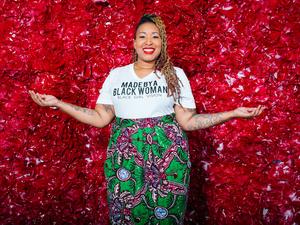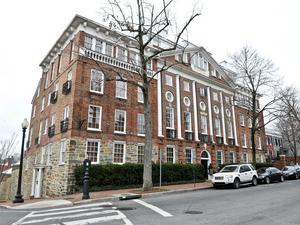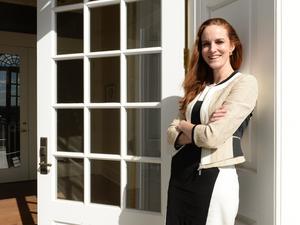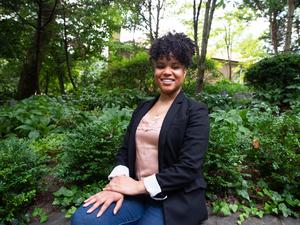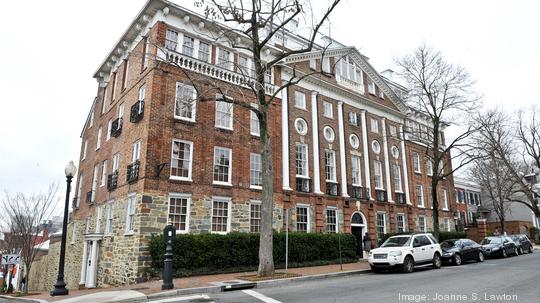
D.C. social impact nonprofit Halcyon has tapped its first director of impact investing, and she’s no stranger to the work — or the organization.
Dahna Goldstein, director of the group's earlier-stage investment arm Halcyon Angels, is now overseeing all impact investing strategy and initiatives for the Georgetown organization that’s known best for its flagship incubator alongside a fast-growing portfolio of newer programs.
Since Jan. 4, Goldstein has gone full time with Halcyon focusing on access to capital for social entrepreneurs — a move, she said, that “reflects the direction that Halcyon is taking.”
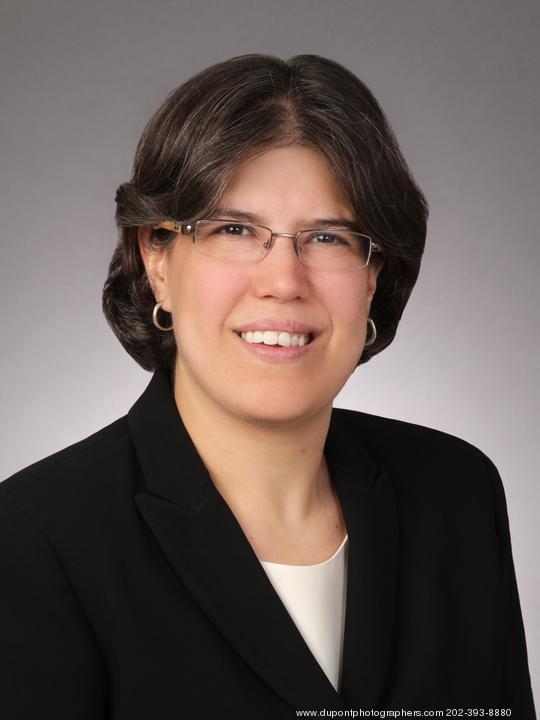
Catalyzing access to capital with Halcyon Angels — and more
Since its 2014 inception, Halcyon has functioned as a support system for social impact ventures, but has not taken equity in any of those businesses, though it has provided funding in the form of cash stipends. Otherwise, mentorship, coaching, consultant access and adviser support have been its bread and butter. It’s been building up that portfolio with a program for Black and brown female founders with fellow D.C. nonprofit Black Girl Ventures, another for female social entrepreneurs in the Middle East with Amazon Web Services, more for startups in the District’s opportunity zones and other initiatives.
“But one of the things that we keep hearing clearly from entrepreneurs is that, unsurprisingly, they also need access to capital,” Goldstein said, adding: “What we’re really finding is that impact investing, and success in impact investing, comes from having a deep bench of investors in the network and also from having a few different funding vehicles to tap into.”
So Halcyon is now “exploring a number of other capital programs,” Goldstein said. That includes a fund Halcyon started raising in 2019, though she declined to share further details at this point. But, she said, the organization is looking at “alternative vehicles” to provide capital to entrepreneurs who historically haven’t been able to get it.
Another prong is Halcyon’s angel investor network, which Goldstein spearheaded on a part-time basis through its launch in June and its first investments in the following months. That group expanded the nonprofit’s scope within Greater Washington’s startup ecosystem, enabling it to support companies beyond those that have come through its programs.
“We love the ventures that come through our programs, we support them, but we really believe in the power of impact-driven business even if they don’t end up in one of our programs for whatever reason,” she said. So with the angel group, she said, Halcyon is “trying to help ensure that support is there, that access to capital is there and that those companies can go on to do what they have the potential to do, not only from a world-changing perspective but from a financial return perspective.”
Halcyon Angels’ first investments had a social impact bent, including funding for a startup that increased solar energy accessibility. Now it’s looking to do more of that type of investing, and held its first meeting of 2021 in early February. It’s starting the due diligence process on three undisclosed startups that pitched and expects to have that completed within four to six weeks, she said. It’s also working with Baker Botts LLP for legal advice.
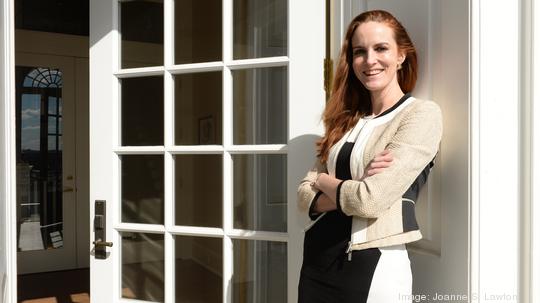
An ‘inflection point’ for social impact ventures and investing
Goldstein starts her new role after nearly four years at D.C. think tank New America, where she worked with the public sector on social impact tech. She was “pretty happy” in that job, she said, but “the ability to leverage and catalyze access to capital to help amazing entrepreneurs do what they’re doing efficiently, effectively, was too big of an opportunity to pass up.”
She’s also a social entrepreneur herself. She co-founded local civic engagement clothing startup Resistance by Design after founding and leading D.C. nonprofit grant management platform PhilanTech to its sale to Altum Inc. in 2014.
“We believe impact-driven businesses will outperform. We brought in Dahna — herself a two-time impact social entrepreneur and a conscientious innovator — because of the tremendous opportunity that exists to support impact ventures,” said Halcyon CEO and co-founder Kate Goodall, adding that the nonprofit wants to "bridge the gap between the best ventures in the space and the impact investors who are ready to align their values with their investing.”
Goldstein joins Halcyon at an “inflection point” for social entrepreneurship, she said, with the pandemic highlighting racial and economic inequity, and other issues such startups are working to address.
“We really think that this is the moment for these ventures to shine, that as there’s increasing attention being paid to how business operates, how the economy operates, how to make the economy accessible and fair for all, how to think about what’s happening in terms of the environment and climate crisis, and how to build things in ways that are going to be better for us, better for future generations,” she said.
Halcyon recently shared its vision for social impact ventures and investing with the administration of President Joe Biden. Among its recommendations: developing a program to speed up intellectual property protection to help social ventures commercialize products faster, sort of like the Food and Drug Administration’s emergency-use authorization. It also proposed exploring the creation of a qualified social venture stock tax exemption, similar to the qualified small business stock tax exemption that “has really spurred investment in a lot of early-stage, really innovative companies,” Goldstein said.
Halcyon, a spinout of the D.C.-based S&R Foundation, reports its 111 alumni have raised more than $150 million.
This story has been updated to reflect that though Halcyon has not taken equity from its ventures, it does provide them funding in the form of cash stipends.
